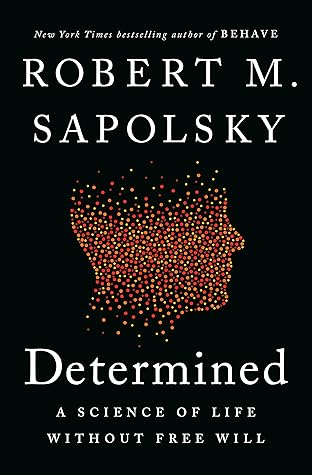For starters, T rarely generates new patterns of aggression; instead, it makes preexisting patterns more likely to happen. Boost a monkey’s T levels, and he becomes more aggressive to monkeys already lower-ranking than him in the dominance hierarchy, while brown-nosing his social betters as per usual. Testosterone makes the amygdala more reactive, but only if neurons there are already being stimulated by looking at, say, the face of a stranger. Moreover, T lowers the threshold for aggression most dramatically in individuals already prone toward aggression.[11] The hormone also distorts
...more
Welcome back. Just a moment while we sign you in to your Goodreads account.


